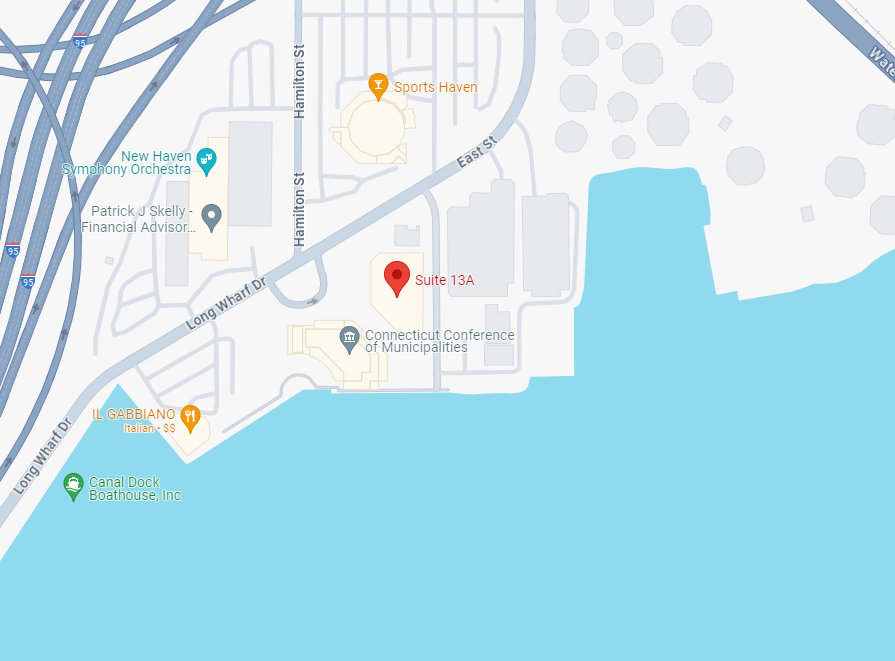According to WebMD.com, approximately 795,000 Americans die or suffer a permanent disability each year as a result of a medical misdiagnosis. However, these tragic occurrences do not always have immediate and fatal consequences. A misdiagnosis can cause you to suffer additional pain, undergo the costs and effects of needless treatments, and experience a reduction in your chance of making a full recovery.
It is crucial to immediately act if you believe your doctor has misdiagnosed you. While it may not be obvious that you are the victim of a misdiagnosis, some signs that can suggest this happened in your case include:
- Your doctor spends little time with you before making their diagnosis
- A diagnosis is made without any tests or medical imaging being performed
- Your condition does not improve or worsens with treatment
- Your symptoms are general and could apply to several conditions
Failing to quickly address a misdiagnosis can have negative consequences for your health and your legal rights. If you believe that you have been misdiagnosed, the following four steps can help prevent you from suffering unnecessary health complications and can put you in the best position to obtain compensation for the losses that you have suffered.
1. Write Down the Details of the Misdiagnosis as Soon as You Can
First, once you believe you have been misdiagnosed, record as many of the specifics about your incident as you can. Some of the information you will want to write down includes:
- The name of your treating physician
- When you contacted your physician, and what information you shared with them
- What, if any, tests your doctor conducted to determine your condition
- Any treatment prescribed by your doctor and the results of that treatment
- The circumstances that led you to believe you were misdiagnosed
These are important details that will be helpful information for another doctor who may provide a second opinion and for your medical malpractice attorney.
A doctor’s advice and opinion, as well as those of an experienced attorney, can depend on small details. To get the most accurate assessment and recommendations for your health and legal rights, you do not want to guess at or misstate crucial facts.
2. Collect and Keep Any Medical Records
Make a point to collect all of the medical records most pertinent to your misdiagnosis and keep them in one place.
The records you should request include notes from your office visits, medical imaging and testing ordered, and prescriptions your doctor wrote. If you have any chronic conditions, gather records related to your treatment for these as well.
Finally, if the doctor who misdiagnosed you has treated you for other conditions in the past, obtaining those medical records can help assess the reasonableness of their care.
3. Get a Second Opinion
Finally, you should visit with another qualified medical professional and ask for a second opinion. The individual you consult with should specialize in the same areas as the initial doctor who misdiagnosed you. The goal is to have an independent medical professional review your medical history and current condition and offer an unbiased opinion on what you should do next.
Getting a second opinion serves two purposes. First, the doctor who performs your second opinion examination can confirm whether your initial doctor misdiagnosed you. They can also identify evidence in your medical records or examination that your doctor should have seen or considered when making their initial diagnosis.
More importantly, a second opinion can identify any condition from which you are suffering and help you get the correct care and treatment. This not only keeps you from having to undergo treatment regimens that are not helpful but can give you the greatest opportunity to benefit from the correct treatment protocol.
4. Consider Filing a Claim Against the Medical Provider (Remember, Time is Limited)
You may have a legal right to sue the provider who misdiagnosed you. To prevail and obtain compensation, you would need to show that the misdiagnosis came about because your doctor breached the standard of medical care that is required for treatment and diagnosis. If a reasonable doctor would not have misdiagnosed your symptoms, then you may have a right to pursue compensation.
If you do choose to file a lawsuit and seek compensation, in many circumstances, you must do so within two years of the misdiagnosis. This is the statute of limitations for these types of claims, and failing to quickly file a lawsuit can prevent you from receiving any compensation at all.
Medical Misdiagnosis Frequently Asked Questions
What Is a Misdiagnosis?
A misdiagnosis occurs when your medical provider ascribes your symptoms to an incorrect illness or condition. A misdiagnosis can result from an honest and understandable error, or it can result because your provider did not give adequate time and care to understand and consider your symptoms.
Can You Sue a Doctor for Misdiagnosis?
Yes, if the misdiagnosis occurred because of deficient care. If your doctor rushed your diagnosis or skipped routine tests that could have helped them make an accurate diagnosis, you may have a malpractice claim.
How Long Do I Have to File a Misdiagnosis Malpractice Claim?
In Connecticut, you must bring a malpractice claim within two years of the misdiagnosis. Therefore, you must take swift action the moment you suspect you may have been misdiagnosed.
Medical Misdiagnosis Frequently Asked Questions
If you have been misdiagnosed by a Connecticut medical provider, Kennedy, Johnson, Schwab & Roberge stand ready to help you get justice and compensation. Contact our firm immediately so we can get to work investigating your claim and pursuing the damages you deserve.





